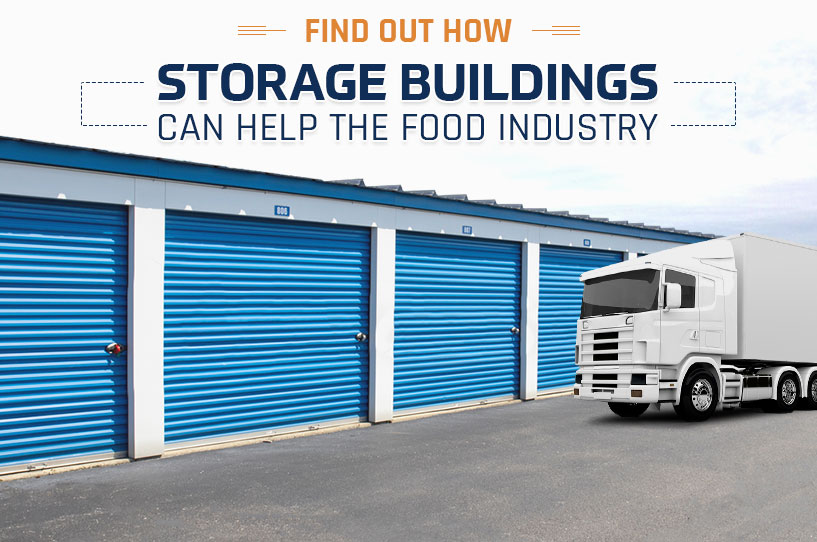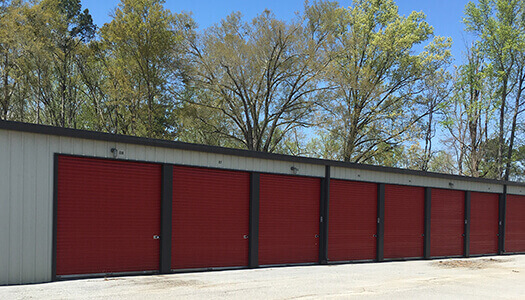When you think about the food industry, you probably think about restaurants and grocery stores, and you’d be right, along with convenience stores, drug stores, and bulk buy stores too. Some of the biggest players in this industry include Walmart and Kroger, but there are many small, independent food service companies that work hard to reach niche and local audiences.
Whatever you spend on food goes towards the value of the food business, and this industry continues to see exceptional year–on–year growth, with new demand from American consumers. Currently, the industry is worth over $6 trillion a year and is expected to rise by at least 4% in the next year. So, the next time you go out for food or buy groceries, you will be helping to boost an already booming industry.
The Different Types of Food Processing That Are Used in the US
Currently, the US engages in three tiers of food processing to ensure that consumers get access to the best-finished product available. The three types of processing are as follows:
Primary Processing
This stage of food processing works to turn raw products into food. These foodstuffs come from agriculture and are turned into a range of edible goods that can be eaten on their own or used in cooking to create dishes.
Secondary Processing
This food processing stage takes products that have been made during the primary processing stage and turns them into food that is ready to eat. Some of the most common secondary processed foods include bread or wine.
Tertiary Processing
It is tertiary processing that is used to make food that is ready to eat on a large production scale. Foods like chips, frozen pizza, ready meals, and more. To become tertiary processed, foods will have had to have gone through primary and secondary processing first.
The Benefits of Storage Buildings for the Food Processing Industry
When we think about food processing, many of us imagine large-scale factories that work to produce food, but we fail to think about how products are stored before being delivered to stores and foodservice businesses. It is vital for food to be stored safely and kept at optimal temperatures when being stored and transported so that the consumer gets the best quality when it arrives on the shelves. Some of the main benefits that come with having commercial storage buildings include:
Providing Adequate Safety
Securing products is an essential part of storage as each step of the food industry process needs to be traceable, and companies are held accountable to ensure consumer safety.
Ensuring Supply Demands Can Be Met Urgently
When there is a particular need for a certain type of food, there can be shortages when there is no back stock stored and ready to go. By using steel storage buildings, you can ensure that you have enough to meet any demand.
Stopping Food From Spoiling
Choosing the right storage for food is essential as it will keep it in good condition and ensure it is edible until it is sold and used by the consumer.
Lowering the risk of food poisoning
Inadequately stored food can be dangerous to consumers, and by investing in high-quality storage, you can be certain that your products will be kept in the best condition.
Getting Climate-Controlled Storage
If your foods are perishable, there are a range of steel storage buildings that can be designed to be temperature controlled so that your items remain fresh.
Ensuring Security
Securing your food items in storage buildings makes it less likely that you will experience theft of your products, allowing you to maximize profits on everything that is sold.
Extending Shelf Life
Food that is stored in purpose-built commercial storage buildings is more likely to achieve its shelf life goals because it has been stored properly before the sale.
Top Tips for Getting the Most from Your Steel Storage Buildings
If you are thinking of investing in storage building kits to help store all your foods, then consider implementing some of the following tips to help you organize and maintain your space:
- Store your potatoes in the dark – it is a well-known fact that potatoes that are stored in sacks and kept in the dark will last for longer. It is also important to ensure that the air is dry so that they do not rot.
- Install high shelving – if you are storing a product like peanut butter, then you can place these high up on shelving until they are required. However, it is sensible to separate the varieties to make it easier when it comes to dispatching.
- Store sugar and flour in containers – if you have granulated sugar or flour in storage, then pouring them from their bag into an airtight plastic container will help to prolong their life and keep it fresh.
- Have a rack for coffee – any unopened cans of coffee will last for a couple of years when they are properly stored on shelves and kept closed and sealed.
- Avoid rodents with plastic – if you want to store breakfast cereals, then it makes sense to place these in plastic tubs as well to help avoid attracting rodents and other pests.
The Different Metal Storage Buildings on Offer
If you are keen to invest in a metal storage building, then the following three options are some of the most popular right now:
- Mini-storage buildings – for independent sellers or personal storage, mini buildings enable you to store a range of goods without taking up lots of space.
- Self-storage buildings – if you want to have access to food storage but don’t have space on your property, then a self-storage solution may work well and can be hired in a range of sizes to suit your needs.
- Climate-controlled storage – if you are storing perishable items, you will need to be able to control the climate inside to avoid spoiling the goods, and this is where climate controlled storage can be a huge help.
Ready to Start Your Food Business? Storage Building Central is Here!
If you want to start a food business and need to access a metal storage building, then Storage Building Central has what you need. We are the leading supplier of metal storage buildings in the US and have over 20 years of experience.
We have a team of dedicated professionals ready to help you, and we offer delivery across the US so that you can get what you need when you need it. Why not get in touch today at +1 (844) 315-3151 to discuss your needs and start planning – we can’t wait to talk to you!



